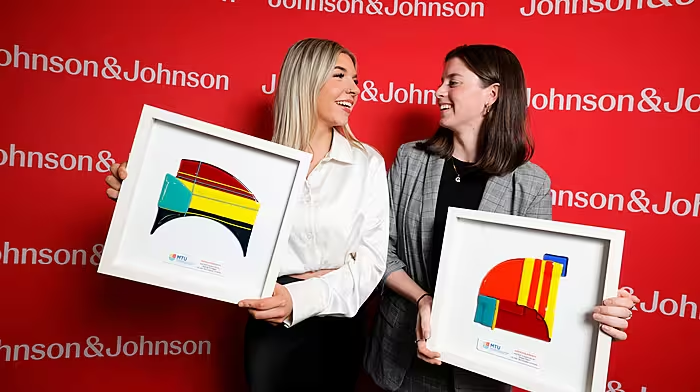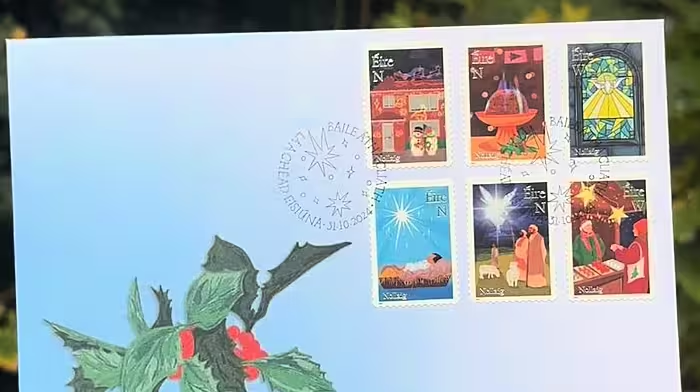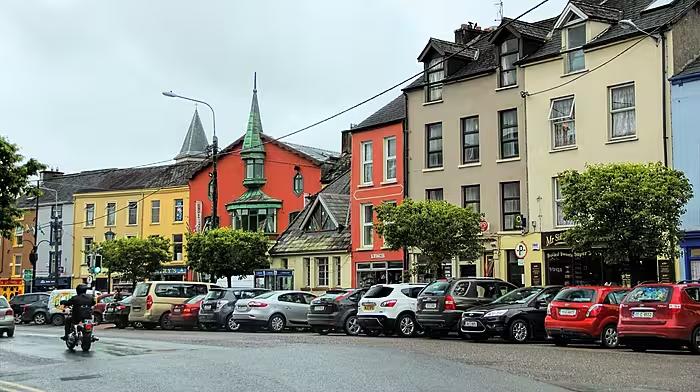AS we finally bid farewell to the United Kingdom, who are departing the European Union this weekend after just under half a century, we only have a relatively short time in which to settle into the new relationship. The worryingly-tight deadline of December 31st next – built into the Withdrawal Agreement by an emboldened British Prime Minister Boris Johnson in the wake of his Conservative Party’s runaway general election victory – to complete talks between the EU and the UK about trade deals, etc may lead to another flurry of dangerous last-minute brinksmanship that may not be good for us.
Leading the EU side in the trade negotiations will be Ireland’s Phil Hogan who has moved from being Agriculture to Trade Commissioner and is noted for his toughness in talks scenarios. As an aside, when Boris Johnson announced his talks deadline at the end of last year, Big Phil predicted that he would break his deadline, pointing out that the Prime Minister had broken promises before and adding mischievously: ‘I don’t believe Prime Minister Johnson will die in the ditch over the timeline for the future relationship either.’
Since the UK (mainly the English part of it) voted to leave the EU just a month into the outgoing Irish government’s tenure in June 2016, Brexit has dominated our political agenda and, to a certain extent, our politicians have been like rabbits frozen in the headlights because of all the uncertainty it has brought. The entire agenda of the Fine Gael-led government of 2016 to 2020, bolstered by its Confidence and Supply Agreement with Fianna Fáil, has been bookended by the Brexit referendum and the UK’s departure from the EU to the detriment – many would say – of more pressing domestic issues such as health and housing.
There was no doubt about the necessity that existed for the Irish government to ensure that this country’s interests, especially those relating to the Good Friday Agreement, were not compromised by the EU, which threw us under a bus a decade ago after the Celtic Tiger bit the dust. In fairness to the Fine Gael ministers involved, especially Cork’s own Simon Coveney, who did most of the unseen grunt work, Ireland’s interests were looked after admirably in all the palaver surrounding the Withdrawal Agreement talks.
But, Taoiseach Leo Varadkar is pleading, in relation to the Brexit issue, that it is only at half-time and ‘now is not the time to take chances with Ireland’s future,’ as he seeks a third term in office for Fine Gael. It is hardly a coincidence that this weekend’s Brexit, which is dominating the headlines, falls at the start of the final run-in to our general election polling day on Saturday next, February 8th, giving Fine Gael a chance to claim some kudos for the way it has looked after Ireland’s interests and helped avoid a ‘hard Brexit’ crash-out – although one would have thought that British Prime Minister Boris Johnson was the person to thank for that!
Mr Varadkar feels that his stewardship is needed for negotiating a new trade deal in the coming months ‘to protect our jobs, our economy, our rural and fishing communities.’ If that’s the case, why did he call a general election at this juncture?
For political expediency, of course. Some of the independents who were part of the government arithmetic were getting restless and no longer able to support the Fine Gael-led minority administration, especially if it came to debating Cork South West TD Michael Collins’ proposed motion of no confidence in Health Minister Simon Harris, which almost certainly would have been passed, trigerring the election anyway, but not on the Taoiseach’s terms.
The reality is that the EU will be doing the negotiating on trade deals with the UK, so the Taoiseach asking voters ‘to stick with our winning team on Brexit’ is a bit rich, to say the least. Whatever government we end up with here after the general election will have our interests at heart and will be liaising closely with the EU negotiators; to imply that anyone other than Fine Gael would not be up to the job is rather disingenuous and smacks of grasping at straws.







